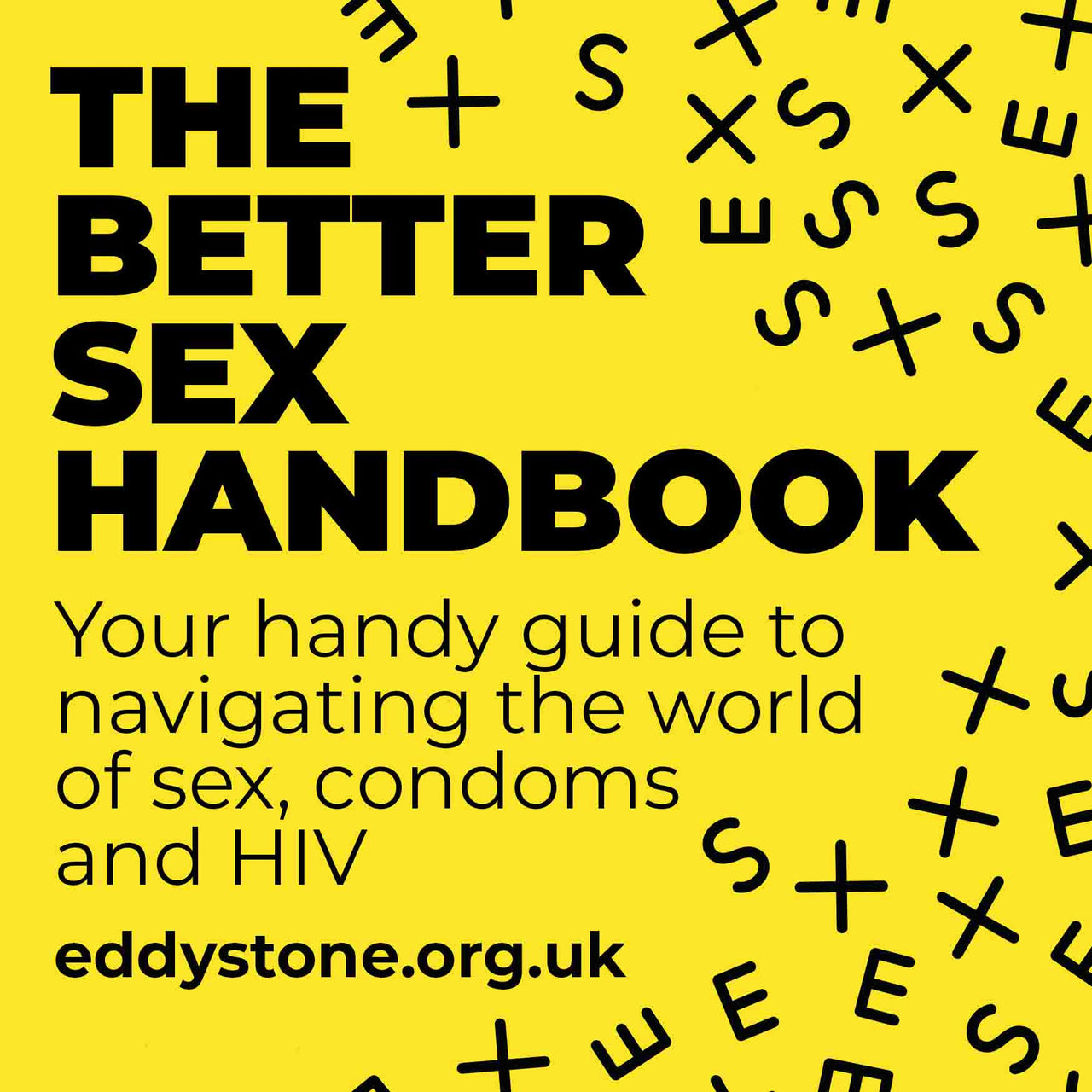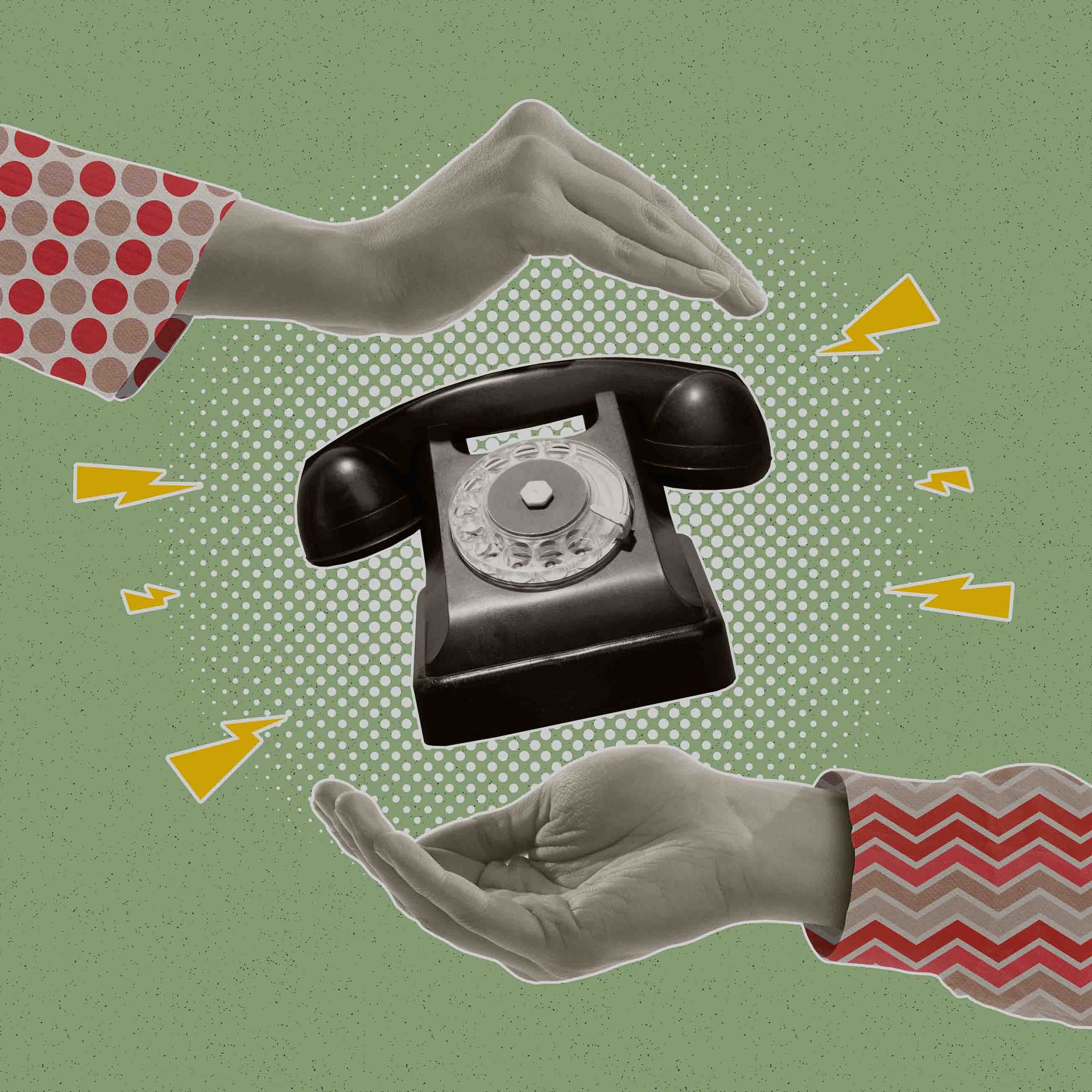
The Better Sex Handbook
The Better Sex Handbook is published each year to help young people make informed decisions about sexual health. The physical versions are distributed to colleges and universities across the Southwest. This webpage is a digital version of the booklet, you can also download a PDF version on the link below.
Sexual Health Handbook
Condoms
Condoms are an effecive way to protect against STIs such as HIV, Chlamydia and Gonorrhoea. When used correctly and consistently condoms are effective at preventing STIs and pregnancy.
Get yours for free
C-Card is a confidential scheme that provides free condoms, and sexual health advice to young people. Once signed up you can get free condoms over the counter in some pharmacies, registered sites and via the post.
If you are a gay, or bisexual man or a man who has sex with men we can send you free condoms & lube in the post via our Condoms Direct service at eddystone.org.uk.
HIV
HIV is a virus which, if left untreated, will impact on the immune system, meaning your body is less able to fight off infections and you can take longer to recover. These days there is medication to control the virus, which stops it attacking the immune system allowing a person living with HIV to live a normal and healthy life.
When a person living with HIV takes effective medication to control the virus, this brings the level of HIV in the blood down to what is known as ‘undetectable’. When a person has an undetectable level of HIV it is impossible to pass the virus on to someone else, even through condomless sex.
How is HIV transmitted?
HIV lives in the bodily fluids such as cum (semen), pre-cum, blood, breast milk, vaginal fluids and anal mucous of someone living with HIV. For HIV to be acquired the virus needs to have a route into the body so that it can enter the bloodstream.
The most common ways HIV can enter the body are:
>During condomless anal or vaginal sex
>Sharing needles and other equipment when injecting drugs
HIV Myths
Despite some of the myths, HIV cannot be acquired from another person by holding hands, kissing, hugging, sharing a drinking glass, touching door handles, sitting on a toilet seat etc. HIV doesn’t just affect gay men, as some believe, anyone can acquire HIV and recent figures show an increase in positive HIV cases in straight people.
HIV Testing
If you feel you have exposed yourself to HIV in some way, it is best to speak to your nearest sexual health clinic or you can also contact us at The Eddystone Trust. Our HIV tests have a window period of 90 days, so you should wait 90 days before testing. The tests require you to place a drop of blood from your finger on the test, you then need to add a solution and wait for the result to be displayed. This process normally takes around 15 minutes. We take individuals through a pre-test discussion to understand your concerns and provide the most appropriate advice.
PrEP and PEP
PEP
If you feel you have exposed yourself to HIV in some way, there is medication available called PEP (Post Exposure-Prophylaxis) which can stop the virus from replicating within the body after a possible exposure. A course of PEP is for 28 days and should be started within 72 hours of when you think you were exposed.
PEP can be accessed from your sexual health clinic or from Accident & Emergency. Before prescribing you will be taken through a risk assessment over the perceived exposure to the virus and whether prescribing PEP is appropriate.
PrEP
Medication is available if you feel you are regularly exposed to HIV. PrEP (Pre-exposure Phrophylaxis) works by building up resistance in the body to HIV and is available from your local sexual health clinic. As PrEP only protects against HIV you should use condoms alongside to prevent other sexual infections.
For more information about PEP or PrEP feel free to contact us for a non-judgemental and confidential chat.
Pleasure
We know that sex can sometimes be daunting, so we’ve put together our top 3 tips to enjoying pleasurable sex.
1. Take your time - sex shouldn’t be rushed, don’t skip the foreplay because touching and kissing can stimulate arousal.
2. Talk to your partner -communicate before and during sex. Let them know what you’re enjoying and what you’re not! Remember to get consent before you try anything and remember consent can be withdrawn at any time.
3. Try to relax - sex can be a great stress reliever, but if you’re stressed before you start it’s going to make it hard to enjoy it. Focus on your breathing, be present in the moment, and try to avoid over thinking.
SARCS
If you are sexually assaulted, it’s important to know that help is out there and that it is not your fault. Seek assistance from a sexual assault referral centre, you should avoid washing your clothes as this may destroy any forensic evidence. SARCs offer emotional, medical and practical help to people who have been raped, abused or sexually assaulted; see contact page for local service.
PEP & PrEP
Do you know about PEP and PrEP? Click here to learn about PEP and PrEP.
HIV FAQs
If you want to learn more about HIV, HIV treatments and living well with HIV then visit click below.
Contact Us
Maybe you can't find what you're looking for, or feel that you need some advice about HIV testing.


